What was the slogan of Wu Sanguis rebellion against the Qing Dynasty in history? What was his purpose?
In the long history of the Qing Dynasty, the Rebellion of the Three Feudatories was an extremely important event. Its occurrence was not only a manifestation of Wu Sangui and others' rebellion against the Qing, but also an opportunity for profound reflection and introspection. Why did Wu Sangui use the name of Zhu Santai to rebel against the Qing? What historical background and considerations are hidden behind it? Next, we will explore this issue.

First, Wu Sangui needed a politically anti-Qing name. In the early Qing Dynasty, Wu Sangui, as a feudal prince, ruled the Yunnan region with the support of the Qing court, and his status was quite stable. However, as the Qing court tightened control over the feudal princes, Wu Sangui's status began to be affected. He was unwilling to be deposed by the Qing court, so the conflict with the Qing court became irreconcilable. In this situation, Wu Sangui allied with several other feudal princes and publicly raised the banner of rebellion against the Qing, which could provide him with a politically anti-Qing name and more momentum and support for the rebellion.
Second, Wu Sangui wanted to gain more support by borrowing the name of Emperor Chongzhen. After the fall of the Ming Dynasty, Emperor Chongzhen committed suicide to die for his country, and his son Zhu Santai became the symbol and hope of the Ming Dynasty. In the south, many people still missed the Ming Dynasty and believed that Zhu Santai, the son of Emperor Chongzhen, was the only hope to lead them to rebuild the Ming Dynasty. Wu Sangui knew this, and he wanted to use Zhu Santai's name to gain more support and allegiance, so as to successfully overthrow the Qing Dynasty.
Finally, Wu Sangui wanted to unite most people, especially Zheng Jing in Taipeng and Penghu. Wu Sangui understood that to defeat the Qing Dynasty, they must unite, especially unite some organizations that are interested in rebelling against the Qing to expand the strength of the rebellion. In Taipeng and Penghu regions, there were many anti-Qing forces, and Zheng Jing was one of them. Wu Sangui hoped to unite Zheng Jing and others under the name of Zhu Santai to rebel against the Qing together. By doing so, it can not only increase the strength of the rebellion, but also provide more resources and support for Wu Sangui and others in the rebellion.
Disclaimer: The above content is sourced from the internet and the copyright belongs to the original author. If there is any infringement of your original copyright, please inform us and we will delete the relevant content as soon as possible.
Guess you like it
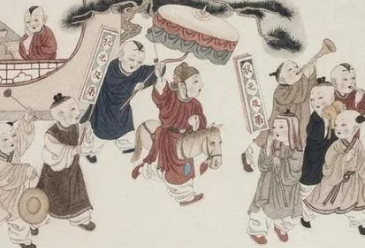
What does "San Ding Jia" mean? What is "San Ding Jia"?
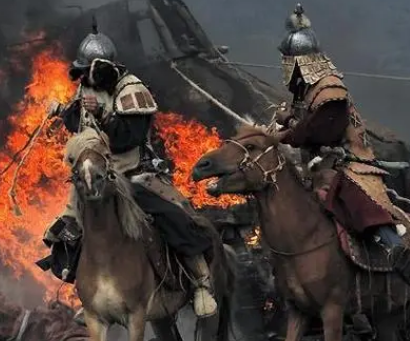
How did Tu Hai pacify Chahaer and what did he do?
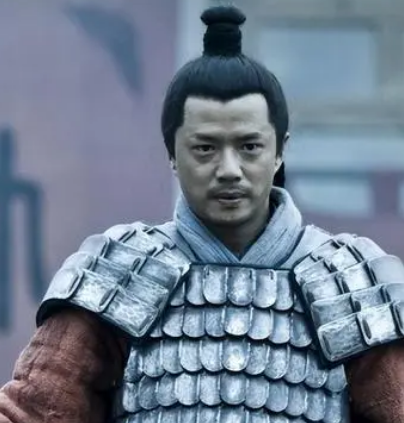
The Three Heroes of Early Han Dynasty: Heroes who assisted Liu Bang in establishing his career, but with many misfortunes in their destinies.
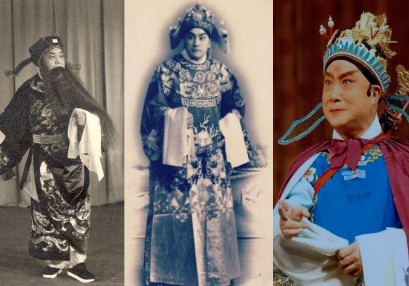
Who are the Three Masters of the Old Generation? What is their status?
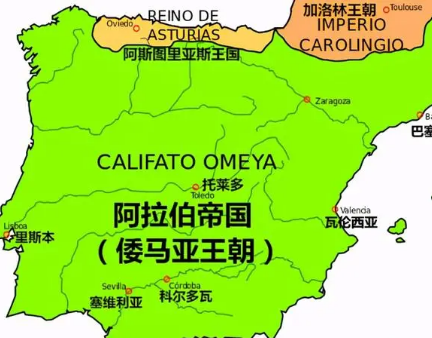
Legacy of the Arab Empire: The Contemporary Arab States
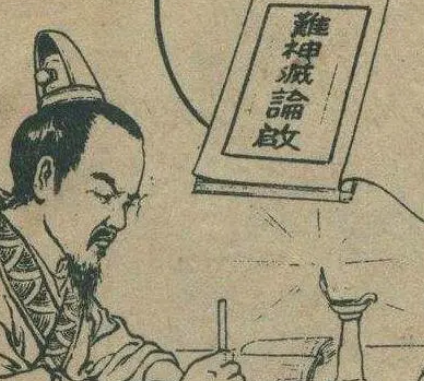
Who wrote the "Destroy Buddhism" theory, and what is its writing background?
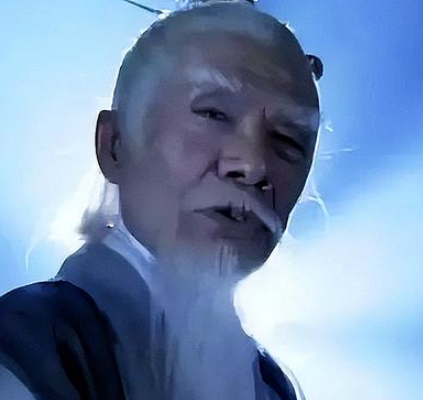
Zhang Sanfeng: a legendary Taoist master and martial arts guru
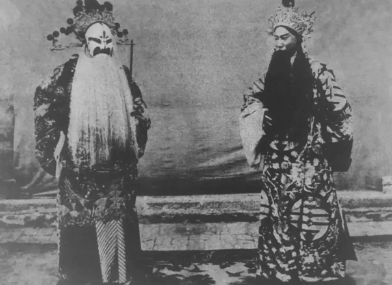
Who are the three renowned actors of Peking Opera? What are their respective performing styles?

The relationship between Zhuanxu and Zhurong: They had a deep grandfather-grandson bond, with Zhurong being the great-grandson of Zhuanxu.
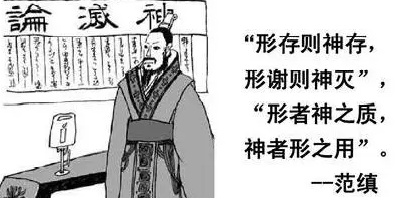
What is Fan Zhens theory of the annihilation of the spirit? What does he advocate?









